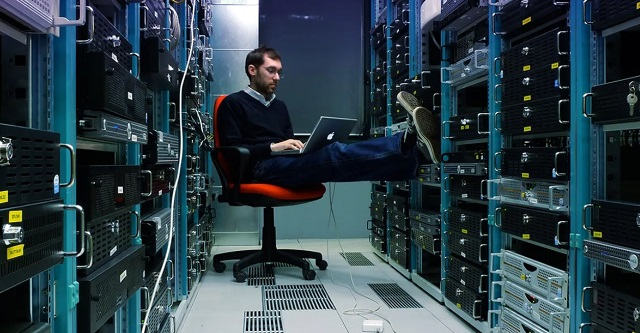When the Covid-19 pandemic hit the world, many companies had to let their employees work from home to prevent the virus from spreading. For many, this came as a blessing. Remote working allows to avoid communing; this way, many can spend much-needed time with their families.
However, the medal has another side. When employees work from the office, it’s easier to track their activity and ensure there are no weak links for hackers to exploit. However, employees tend to forget to keep sensitive data safe when working from home. Surveys show that most people are far too careless with sensitive data and passwords.
Cyber attacks and data leaks are genuine risks that any business and its employees should take seriously. However, some preventative steps will minimize the risk of being hacked. Employees can increase their computer security skills in thousands of homes with a few simple steps.
This short article will list a few simple steps employees can take to become virtually immune to cyber attacks in the home office.
A solid password is a must
The first line of defense against cyber attacks is to have good passwords. When you imagine a hacker, you may imagine a mysterious figure in a dark room that quickly kicks off on a keyboard while binary code and cryptograms fly across the screen.
In reality, hacking often consists of simply exploiting people’s bad habits and psychological weaknesses. For example, it is dangerously easy to guess most people’s passwords.
Many people do not have the energy to invent new, unique passwords whenever they are asked to do so. They throw out something as simple as “password,” “qwerty,” or “1234” so that they remember it and do not have to turn their brains the next time they log in. It is safe to say that hackers know the most statistically common passwords. This is freely available information.
Hackers also know that many individuals use the same password for everything. A hacker can use a leaked password from a Tinder profile to access the profile owner’s email, Facebook, or Slack.
One can avoid the vast majority of the above problems by simply having a unique, rock-solid password for each account that requires password verification. This is something a password manager can help with.
A password manager can be described as a digital keychain. The program is activated every time you are asked to invent a password. At that point, it will actually suggest a difficult password of the type that security experts recommend.
Best of all, the password manager will store all these passwords in a database, so you do not have to memorize them manually.
The art of using a VPN
Any serious business that processes sensitive data should be familiar with a VPN. Under no circumstances should employees be able to connect to the workplace from home without this happening through a VPN-secured connection. It is not without reason that even the National Security Council lists a VPN as one of the first recommendations for a more secure home office.
A virtual private network encrypts data and routes it through another IP address. In practice, this means that data sent between two computers (e.g., the home office and the company) can not be captured and read by a third party without access to an encryption key. Without this, it is very difficult to locate the sender’s IP address for data sent over a private network, so outsiders can not even know who is sending what to whom. In addition, some VPN providers offer additional tools to help you stay away from hackers. For example, NordVPN recently introduced a new feature called Threat Protection, which blocks malware while you’re connected to a VPN.
Two steps forward, one step back
A quick list of other useful safety measures for employees:
- Do not mix private ICT equipment and/or user accounts with the objects/accounts provided by the company. Private equipment is used for private use, the company’s equipment for work.
- Protect email and other important accounts with 2-step verification.
- Remember to lock the computer each time you leave it. Family members can also pose a security risk if they borrow the computer and do not follow security protocols.
- Remain critical of which links you trust and which pages you visit. Avoid websites with no HTTPS connection—report suspicious emails in your inbox.
- Avoid working with sensitive data in public places over public W-LAN.
- Update your company software and operating system regularly. Outdated software may contain vulnerabilities.
- Download and use antivirus. Also, keep your antivirus up to date.
So that’s how to prevent Cyber threats when working remotely.
This post was last modified on July 16, 2022 1:10 PM

